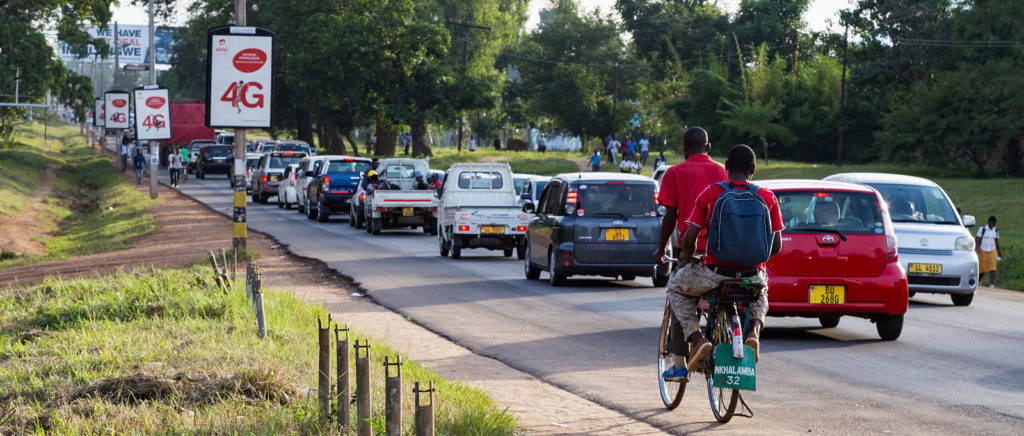REPLICATE

In our “Think, Do, Replicate” model, we strive to offer proven, tested solutions that others can use. Explore the D4D findings for your own specific needs.

While the potential of using data for development is known, limited traction has been achieved to date across the development sector. It seemed too hard, too technical, or too risky, and the model to quickly set this up did not exist.
While we and our partners are still learning, we have seen from our research, our national partnerships, and our technical investments that the cost, regulatory, technical, capacity, and privacy protection issues can be resolved, and that digital transformation leaders and national statistics offices can begin replicating models now.
Malawi is a good example of what success on a data for development country deployment should look like. Here is a timeline of key milestones the country has registered over a five-year timeline, which has ultimately led to stimulating demand for replication in sectors beyond health, and across geographies and regions. The country has since established the first Data for Development Technical Working Group and institutionalized the data models within the National Statistical Office to enhance cross-sectoral use of data.
TIMELINE
- 2017
Received clearance from the Institutional Review Board of Malawi’s Institute of Science and Technology and from the Malawi Communications Regulatory Authority. - 2018
Signed a data sharing agreement (DSA) with the first MNO.
Created an MNO data processing guide detailing safe and responsible anonymization and use of data security processes and analytical outputs. - 2019
Used MNO data to develop a population mobility model.
Using the population model, developed an optimized location model for an additional 900 PHC facilities. - 2020
Replicated a population model for COVID-19 response in Malawi.
Replicated epidemiological and risk models built for Malawi in Burkina Faso.
Domesticated the utilization of analytics to advance health-sector planning and interventions.
Established an additional data sharing agreement with a second MNO. - 2021
Established the first D4D technical working group.
Institutionalized data models within the National Statistical Office (NSO) for replication across other development sectors.
DIAL will continue to work with both government partners and other country governments, as well as a range of international and regional stakeholders, to explore how such data for development models can be replicated across sectors and geographies.

